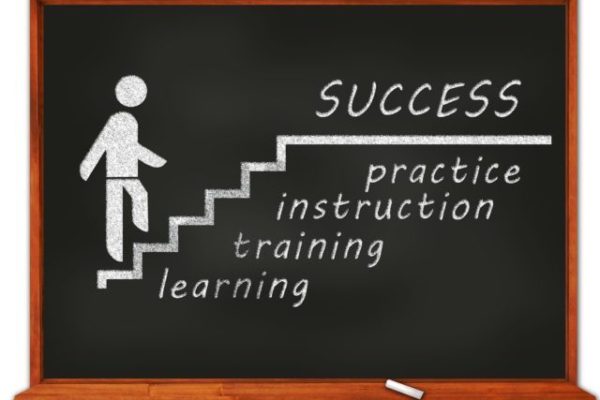As you may know by now if you’ve read all or most of my posts, I am a proponent of building your study skills by figuring out what does and does not work for you in various situations, as opposed to following one particular program or applying one particular strategy to everything you do. In order to best figure out what works for you without spending inordinate amounts of time on what doesn’t work, one of the most important things to bear in mind is that it helps to have common sense. As more and more theories, programs, teaching methods, assessment methods, and expectations have made their way into teaching and learning, one of the things that has tended to go back burner is common sense, because teachers who have so much more on their plates than they used to struggle to find the time to say and do things that were once second nature to them, that they in turn were able to make second nature to their students. This does not mean that teachers never say or do these things, it just means that they may not be as consistent about it as they once were, particularly as you advance through the grades and they find that they have more and more to cover in less and less time. At some point, they start expecting that you will be able to figure things out for yourself, and without common sense, this can seem nearly impossible to do.
In order to make better use of common sense, one of the first things you should do is give some thought to just what exactly common sense is, and why something that seems like it should be so simple can actually turn out to be so difficult. Common sense is all the things that teachers and parents, and as you get older, peers as well, assume you should know and be able to do without having to think about it first. Not all examples of common sense occur in school, and for many of you, I imagine that out-of-school examples are much easier to remember. From the time you were very little, your parents taught you to look both ways before crossing a street and not to touch a hot stove, and I’m sure you rarely if ever forget about them. Putting your name on every paper, remembering to have all the supplies you need for every class, and always making sure all your wireless technology is charged (or at least, that you always have your charger with you), can seem much harder to remember when you are also trying to remember all the assignments you must complete and all the information you are learning, but letting common sense things fall off your radar when you have important things to accomplish is not very wise, because it often keeps you from completing important tasks to the best of your ability.
Once you’ve thought about what common sense is, the next thing you need to realize is just how many things can be seen by others as common sense, both in and out of school. Basically, anything that people might expect you to know without their having to tell you or teach you over and over again that is not direct knowledge or skills can be seen as common sense, but if you have learning challenges, things that are common sense to your parents, teachers and/or peers may not be common sense to you. Instead, anything that might take you longer because you have to think it through might be much easier to avoid than to do, and the more you try to avoid it, the more likely you are not only to forget to do it, but also to see it as anything but common sense. It may be tempting to think you don’t need common sense, especially since I have encouraged you to make your own choices about so many other aspects of study skills, but without common sense, choices about how best to approach both your studies and your life will be much harder to make.
Now that you’ve thought about both the definition of common sense and examples of it, it’s time to put thoughts into action and figure out what you can do to improve your ability to use common sense. As I say about so many study skills, finding ways to remind yourself to follow through on common sense tasks is a good place to start. You can also take specific common sense tasks and reduce your need to remember them – set up basic supplies both at home and in school, keep a charger in your laptop or tablet case at all times and use a different one at home, train yourself to write or type your name every time you begin an assignment or test, as well as to double-check when you are finished to make sure you’ve done it- as I’ve said many times about examples I give, the list goes on and on. Every time you realize that you didn’t follow through on a common sense task, try to find a way to increase the chance that you will follow through, not just the next time, but more and more consistently over time. Eventually, you may find that tasks you once struggled with become second nature, and you may be able to continue to follow through on them without needing extra time, reminders, or a backup plan. If you can do that, great, but if not, don’t sweat it- some of the solutions you come up with may be what you need to do long-term, or even forever, but as long as they are working, there is absolutely nothing wrong with it.
No matter what study skills you are focusing on improving this year, it is important to make sure you are also using, and improving, common sense. Without it, everything else you are working on can seem much more challenging, but with it, you can increase your chances to succeed in everything else you do. If you are someone who struggles with common sense tasks, it may be hard to consider taking the time you need to improve them, but the more you are willing to do it, the more those tasks will become second nature over time, which in turn will help you be even more focused on the important tasks at hand. When it comes to improving your study skills, no task should be considered too small if it is something you need to work on, because it is the small and large tasks taken together that are the true measure of the progress you can make.

